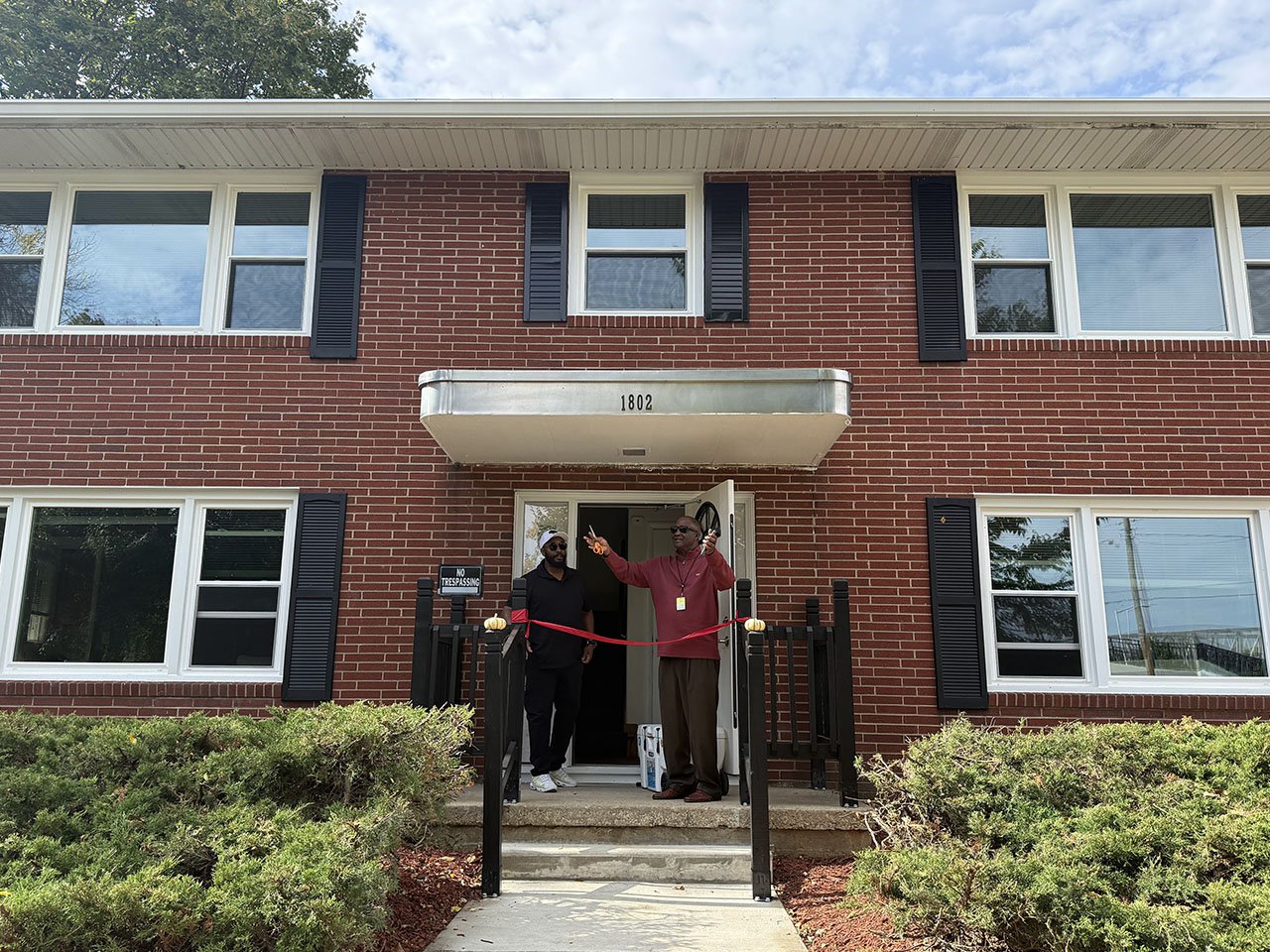Credit: — By Victoria Vlisides, Center For Healthy Minds University of Madison
Article can be found here: https://centerhealthyminds.org/news/study-to-support-mental-health-after-incarceration
Chaplain Deb Mejchar says she sometimes reflects on the potential effect a few mindful seconds could have on the lives of incarcerated people.
“I often ask them, ‘If you could go back [and use mindfulness] for just 6-10 seconds, would it have changed your life?” says Mejchar, a formerly incarcerated community research partner at the Center for Healthy Minds (CHM) who provides peer support to formerly and currently incarcerated people throughout Wisconsin.
She notes that not all but many of the people she works with in and out of prison agree that it would.
More than 600,000 people – just under the population of the city of Portland, Ore., – leave U.S. state and federal prisons each year, with millions more exiting local jails. Despite the volume of people entering back into society, few support systems – especially when it comes to mental health – exist.
What if a mindfulness-based, trauma-sensitive curriculum for formerly incarcerated people could improve mental health and wellbeing, and support their transition from prison back into the community?
A new study by CHM researchers, in collaboration with Mejchar and other community partners, will investigate this question when it launches this spring.
The study, led by CHM Research Assistant Professor Dr. Dan Grupe, will introduce mindfulness and other wellbeing practices in groups co-facilitated by an expert meditation instructor and a peer with shared experiences of incarceration and community reentry.
Funded by a nearly $700K grant from the National Institutes of Health, this study is part of a growing program of research at CHM that seeks to interrupt cycles of incarceration and reduce mental health disparities, particularly in communities of color that are disproportionately affected by the criminal justice system.
Breaking the Cycle
When formerly incarcerated people return to life on the outside, they often face an uphill battle in order to rebuild their lives, and mental health and wellbeing is a key factor in their success.
“Nearly half of those impacted by the criminal justice system have a history of mental illness and almost everyone has experienced some kind of trauma,” says Grupe, whose previous research with police officers and mindfulness led to this new program of research. “Despite this, mental health needs are frequently overlooked in reentry programs, which tend to focus on other pressing demands such as housing, employment, and transportation.”
Long periods of isolation and disconnection during incarceration can strain relationships with family and loved ones, too. After release, people encounter significant barriers to finding and maintaining social support and meaningful connections that are essential for successful reintegration into the community.
Mejchar, who served 6.5 years of a 20-year prison sentence and was released in 2010, said she can relate to the mental isolation.“The most punishing thing about prison – nothing’s actually happening,” Mejchar says. “One thing that saved me is I had a big imagination. I could take a drop of water and make a storm out of it.”
By introducing meditation practices in a group of formerly incarcerated peers, this research seeks to cultivate community connections and social support that can persist after the study has concluded.
Research that Takes an Engaged Community
Grupe, who has carried out research at CHM for the past 12 years, is leading this study with the support of a collaborative research group that goes beyond the traditional structures of academia.
The Cultivating Justice CoLaboratory involves community and academic researchers from different backgrounds working toward the shared mission of disrupting destructive cycles of harm and trauma for those involved in the criminal legal system. Members include Wisconsin justice-impacted community members, professionals from community-based organizations including the Nehemiah Center and the Prison Ministry Project, and researchers at the Center for Healthy Minds such as Core Faculty Member Dr. Virginia Medinilla and Research Assistant Professor Dr. Christy Wilson-Mendenhall.
Community partners like Aaron Hicks, the co-executive director of The Voices of Power — a nonprofit organization that works to restore the voice of the voiceless – and Mejchar, a certified grief counselor who worked for 17 years in the Wisconsin Department of Corrections, co-facilitate community advisory board meetings and mindfulness groups, share their lived expertise throughout the research process, and invite other formerly incarcerated peers to join the work of the CoLaboratory.
Mejchar said working to connect these communities has taken a lot of trust-building, and she’s starting to see an impact with research projects like these.
“I feel like I am a bridge, in a way,” she says. “But lately, it feels like the team is on the bridge with me.”
Apr 4, 2025



